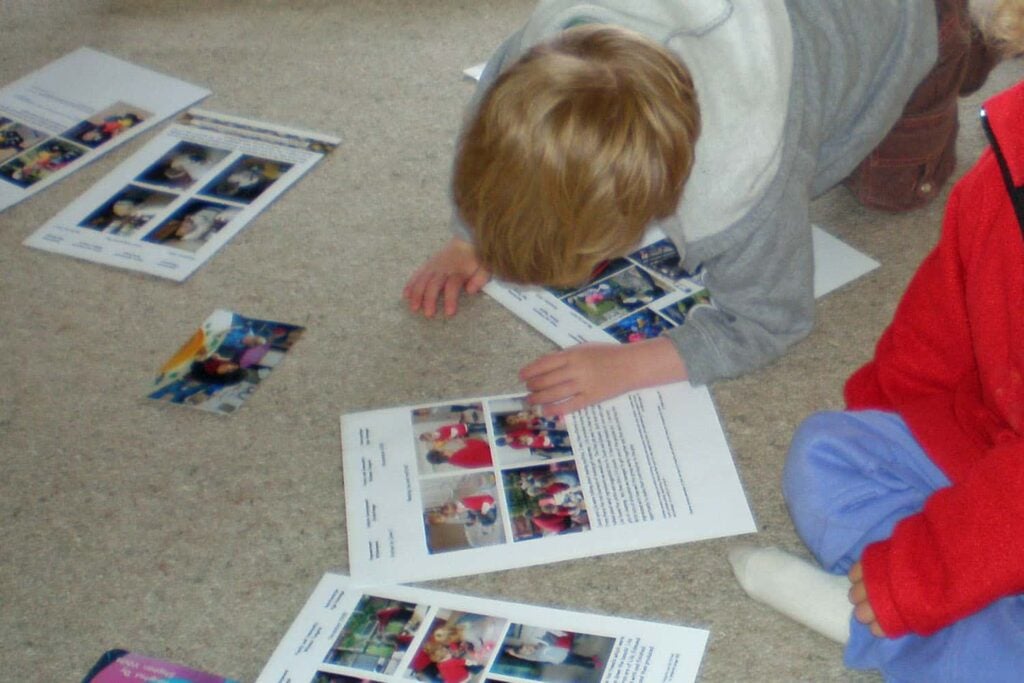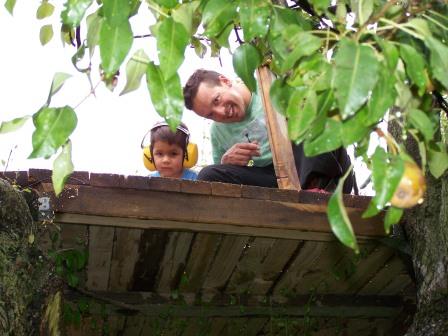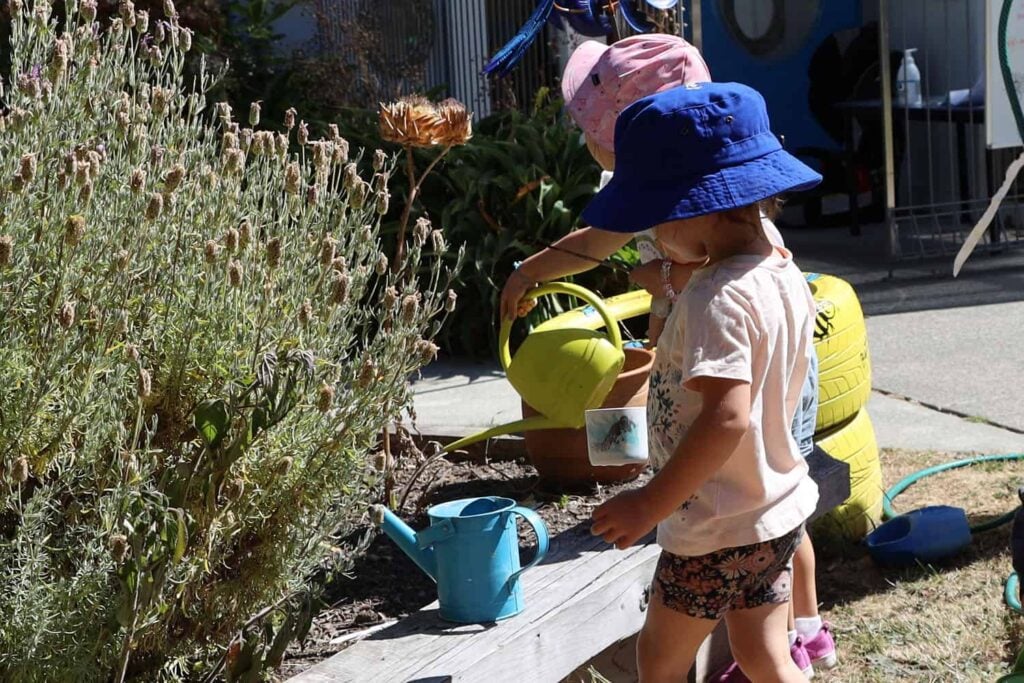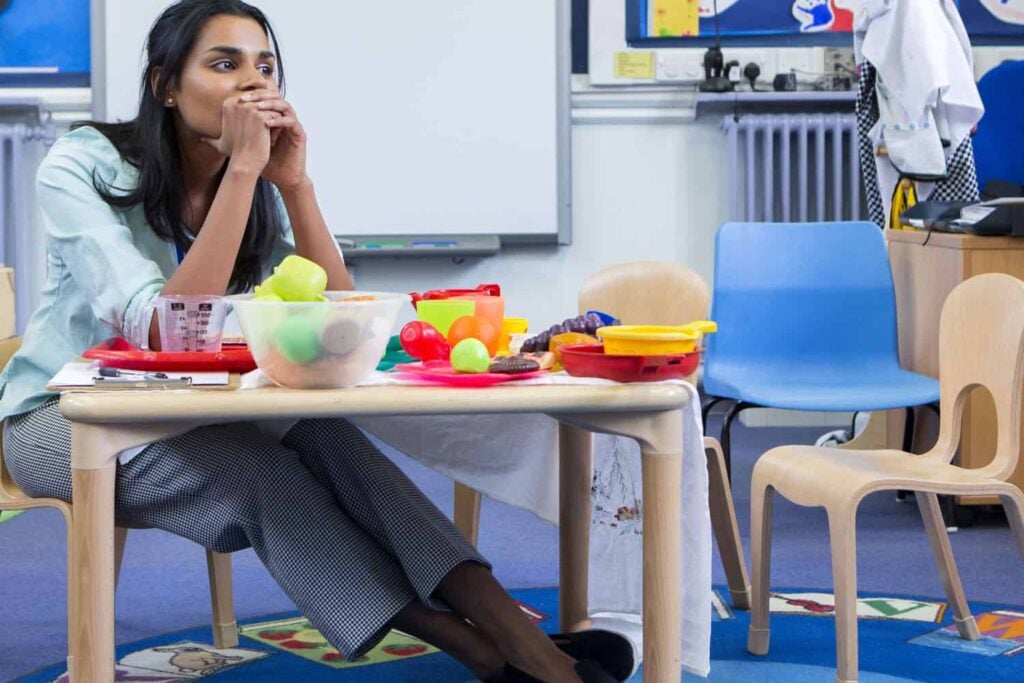July 19, 2013.
Just four regions are currently meeting the government’s target for participation in early childhood education according to figures released this week.
| The Statistics |
| National average 95.7% |
| Auckland 92.1% |
| Bay of Plenty 95.3% |
| Canterbury 98.3% |
| Gisborne 94.5% |
| Hawkes Bay 96.1% |
| Manawatu-Wanganui 97.2% |
| Marlborough 95.7% |
| Nelson 98.4% |
| Northland 92.1% |
| Otago 98.5% |
| Southland 96.8% |
| Taranaki 95.5% |
| Tasman 98.1% |
| Waikato 95.8% |
| West Coast 94.9% |
| Wellington 97.3% |
The data released by Education Minister Hekia Parata shows that in most regions the Government is so far failing to meet the target that has been set for 2016.
As part of its Better Public Services campaign the Government is aiming by 2016 to have 98 percent of all children starting school to have been enrolled in early childhood education.
According to the Public Achievement Information Pipeline statistics released by Ms Parata this week, only four regions are currently reaching this target. They are Canterbury (98.3%), Otago (98.5%), Nelson (98.4%) and Tasman (98.1%).
Other regions all have participation above 90% however, Auckland, the Bay of Plenty, Gisborne, Taranaki and the West Coast regions are all below the national average which is currently 95.7% participation.
The figures also show that participation rates among Maori and Pacific Island children are lower although most regions have seen an increase in participation among these groups.
The Government has indicated it will be continuing to target participation from these groups and children from low socio-economic backgrounds as part of its drive to increase participation in ECE as a whole.
Ms Parata said she believed the information provided “valuable insight into how our education system is performing in different regions throughout the country”.








